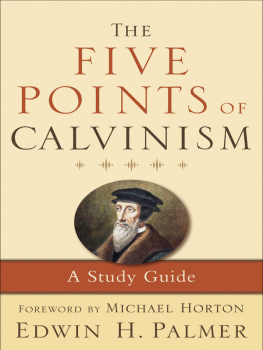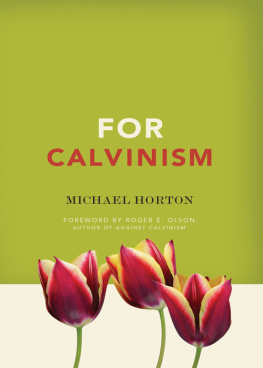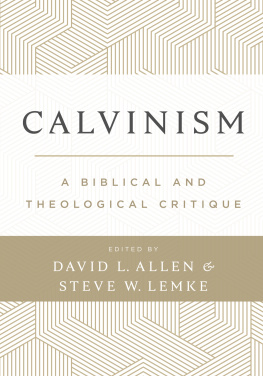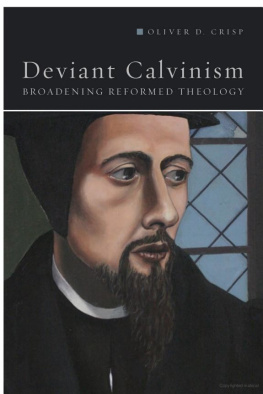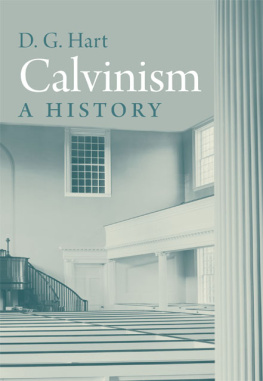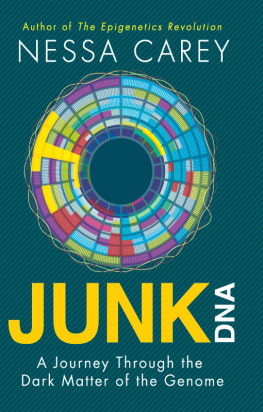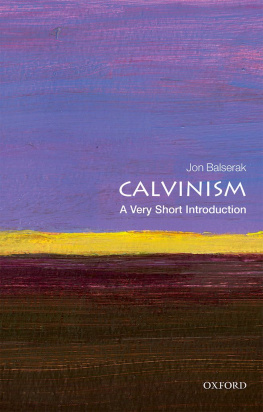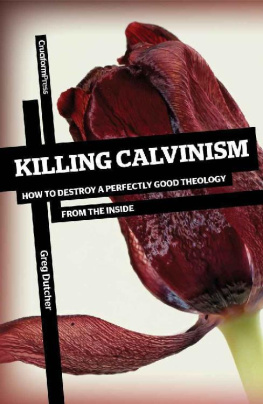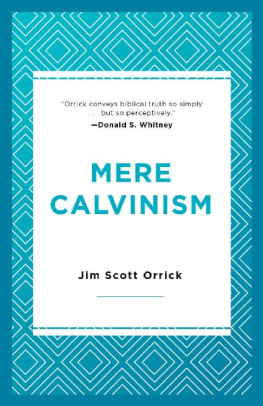Introduction
Black Holes
Gravity
When a big star dies, a remarkable thing can happen. Its own gravity crunches it until it becomes a small core of unimaginable densitymatter squeezed together so tightly the known laws of physics cease to exist. The dead star now has a gravitational pull so strong that nothing, not even light, can escape. And at this point, the dead star has become a black hole, and everything within its reach is dragged towards its center. It can swallow planets, stars, and even other black holes. Get too close and youve bought a one-way ticket on a journey to the center of a black hole. Its gravity is irresistible.
Gravity is an integral part of human life. It doesnt take us long to learn that what comes up must come down. And its not as if anyone enforces gravityit just is ; a physical force to be accepted and not conquered. Gravity is also a spiritual force in the sense that we humans find ourselves drawn to things beyond our control. We are constantly sucked in to thingsa job, a person, a hobby, an addiction. But of course if you really put spiritual gravity under the microscope, you see that the thing we are being sucked in to is ourselves.
We are black holes walking, talking pits of narcissism, self-pity, and loneliness, pillaging the world around us in a desperate attempt to fill the void inside us. Unless something is done, you will spend the rest of your existence as a human black hole, eternally collapsing in on self in a tragic effort to preserve self. Its bad news.
But Christians believe there is good news that is better than the bad news. We believe something has been donethat through the incarnation, crucifixion, and resurrection of Jesus Christ, God has done what we could not do ourselves. We no longer have to live under the crushing gravity of self because where sin and selfishness abounded, grace now abounds all the more. It certainly is good news, but
Options for the Restless
Leave it to us to take something so beautiful and other-centered and turn it into something (you guessed it) about us.
The universe-altering message of the gospel becomes a message about me: Jesus died so I can be happy and comfortable forever and ever. While this may pass for gospel in many circles, there is a growing swell of opposition to it in many othersa recognition that such thin, therapeutic, self-centered expressions of Christianity lack the gravitas to hold a human life together, much less make it thrive. A crowd of voices calls us out of consumerism, moralism, and skepticism and into sacrifice, risk, and commitment.
And for those who are restless for more, Neo-Calvinism often appears as the strongestand perhaps onlyalternative for thinking biblical people. It offers the new center of gravity that can finally draw us away from self. Such was my conviction, and I still believe Neo-Calvinism is a strong alternative to cultural Christianity.
But I believe we best say yes to Gods glory and sovereignty by saying no to Calvinism. I believe that Ialong with many others, past and presenthave found an even better option. Its not new, and its not novel; indeed I would argue it is simply the historic consensus of the church. But correctly understood, it offers the greatest hope for a restless church. Unlike Calvinism, it doesnt replace the black hole of self with the black hole of deity, making both God and the Bible impossible (more on that later); however, it does offer an infinitely glorious God, a crucified Messiah, and a cross-shaped call to follow Jesus.
Egotistical Sincerity
These are my convictions, and anyone with convictions faces a dilemma: would you rather be convincing or honest? Is it more important to get people to agree with you or to honestly present the best of worthy options? While I have certainly tried to be convincing, I think the truth is best served when we are honest, and so I have also tried to be honest. And the best way I have found to be honest is to tell you my story: a journey in and out of Calvinism. As Chesterton once confessed, sometimes you have to be egotistical if you want to be sincere.
In this reminiscing, something became clear: theology and biography belong together. We try to make sense of God as we try to make sense of our own stories, our own lives. As such, theology is meant for participants, not spectators. I write as a participant and not a spectator in the hope it will help you become a better participant in your own theological journey, wherever it takes you. These things said, let the journey begin. Only it cant quite begin without two quick detours.
Detour #1: The Wrong Girl
I once had a friend who was convinced the wrong girl was the right girl. He thought she hung the moon while walking on water and while I thought she was nice and all, I was convinced there was someone out there better for him. Whether I was right or wrong isnt the pointthe point is that when I talked with him about it, I wasnt trying to sabotage his current relationship so much as I was trying to encourage the prospects of a new one. I feel much the same when I talk to people about Calvinism, because while I think you could put a ring on her and live happily ever after, I also think theres someone better out there. On top of that, its a shame to be known for what youre against, so for claritys sake, Im not trying to get anyone to not be something (a Calvinist), but to be something.
Or to make the point with different strokes, the silhouette of the crucified God of Golgotha is an image chiseled into my heart. When sin within rises, chaos without descends, confusion all around lays waste to any semblance of comprehensionwhen I dont feel like I understand a damn thingI look up there and I understand enough to say thank you . I understand enough to call it love . And I watch as it casts sparks of light into previously darkened corners.
So when someone messes with this picture, adding a cryptic backdrop that threatens to stain the whole thing, Im against the backdrop only because Im for the picture I think the backdrop ruins. Im not against the Calvinist picture of God so much as I am grieved by what that picture does to the picture I love, turning the full-truth of Golgotha into a duplicitous half-truth. The rest of this book is a description of what happened when my Calvinism was subjected to the searing scrutiny of that image, in the hopes you might glimpse the terrifyingly beautiful God of Jesus Christ.
Detour #2: Everything
The most devastating combination of words in the English language form a statement masquerading as a question: who cares? When this question is asked, a statement is made. The asker is expressing his apathy and disregard for the issue under discussion. It does not appear to matter, so why waste our breath? Why kick a hornets nest just so we can count the hornets? And its a good question to ask because many of the issues that hoard our energies and efforts are dead ends. Its also a question Ive been asked many times when debates about Calvinism and its alternatives arise.
Does it really matter if Calvinism is true or false? Does it really matter if we have free will? Does it really matter? Not at all, and yet, more than you could imagine.
No, it doesnt matter because God is who he is and does what he does regardless of what we think of him, in much the same sense that the solar system keeping spinning around the sun even if were convinced it spins around the earth. Our opinions about God will not change God; however, they can most certainly change us . And so yes, it does matter because the conversations about Calvinism and free will plunge into the heart of the question the universe asks us at every turn:
Who is God?
And this is a question that has everything to do with everything.
Endnotes
1. For a good explanation of how black holes are formed, see Stephen Hawking, Black Holes and Baby Universes and Other Essays (New York: Bantam, 1993), 1034.


